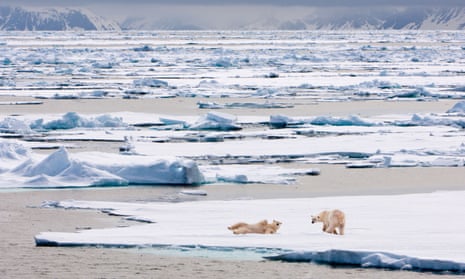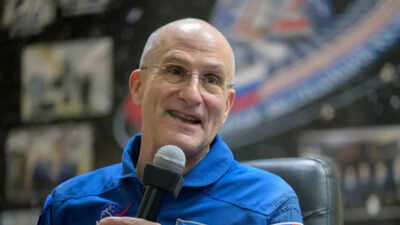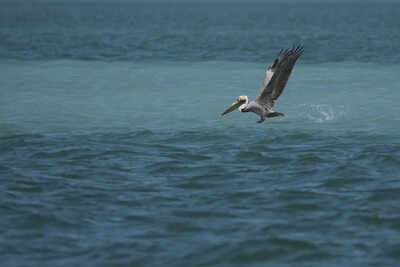Astronauts Return to Earth on US Astronaut's 70th Birthday

In a remarkable coincidence, the return of three astronauts to Earth aligned with a special occasion: the 70th birthday of American astronaut Donald Pettit. The trio, consisting of Russian astronauts Alexey Ovchinin and Ivan Wagner, along with Pettit, concluded their seven-month scientific mission aboard the International Space Station (ISS).
The Russian Soyuz MS-26 spacecraft made its descent and safely touched down in the expansive steppes of Kazakhstan, southeast of the town of Dzhezkazgan, at precisely 6:20 AM local time (01:20 GMT) on Sunday morning. This successful landing was confirmed by the United States' NASA and Russia's Roscosmos space agency, ensuring that the crew's return was both timely and safe.
Navigating the space voyage was a significant achievement, underscored by NASA's celebration of Pettits milestone. Using the social media platform X, NASA shared their heartfelt wishes: Happy birthday, @astro_Pettit! Many happy returns (including this one) The MS-26 Soyuz spacecraft touched down in Kazakhstan at 9:20 PM ETor, in local time, 6:20 AM April 20, Pettit's 70th birthday. This gesture exemplified the joy and excitement surrounding the event.
After landing, the crew was promptly transported to a recovery staging area in the city of Karaganda, where NASA reported that Pettit was in good health following the lengthy mission.
The astronauts had arrived at the ISS on September 11, 2024, and during their 220 days in space, they orbited the Earth an impressive 3,520 times, accumulating a staggering distance of 93.3 million miles (or approximately 150.15 million kilometers), according to NASA.
During their extensive mission, Pettit focused on pioneering research, examining in-orbit metal 3D printing capabilities as well as developing water sanitization technologies. Additionally, he explored the dynamics of plant growth and fire behavior in the unique environment of space, contributing valuable insights to the scientific community.
This recent journey marked Pettit's fourth venture into space, bringing his total time in orbit to an astonishing 590 days throughout his career. In comparison, Ovchinin has completed four flights with a total of 595 days in space, while Wagner has logged 416 days over two missions.
Despite the geopolitical tensions stemming from Russia's invasion of Ukraine in February 2022, space exploration has remained one of the few areas where cooperation between the United States and Russia has persisted. Earlier this month, the Soyuz MS-27 spacecraft successfully transported another mixed crew, including NASA's Jonathan Kim and Russian cosmonauts Sergei Ryzhikov and Alexei Zubritsky, to the ISS for further scientific experiments.
Nevertheless, it is important to note that the U.S. and other Western nations have halted various partnerships with Roscosmos, implementing sanctions on Russia due to the ongoing conflict. This changing landscape has left astronauts, who are trained by organizations such as NASA and the European Space Agency, to be referred to as cosmonauts when representing Roscosmosa term that highlights their national affiliation in the realm of space exploration.


























